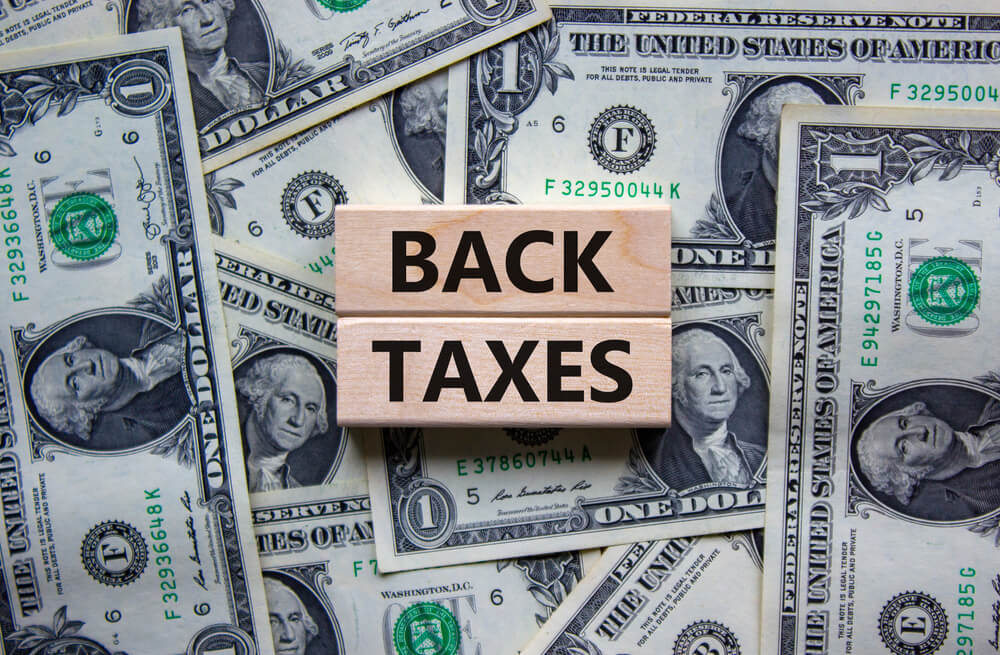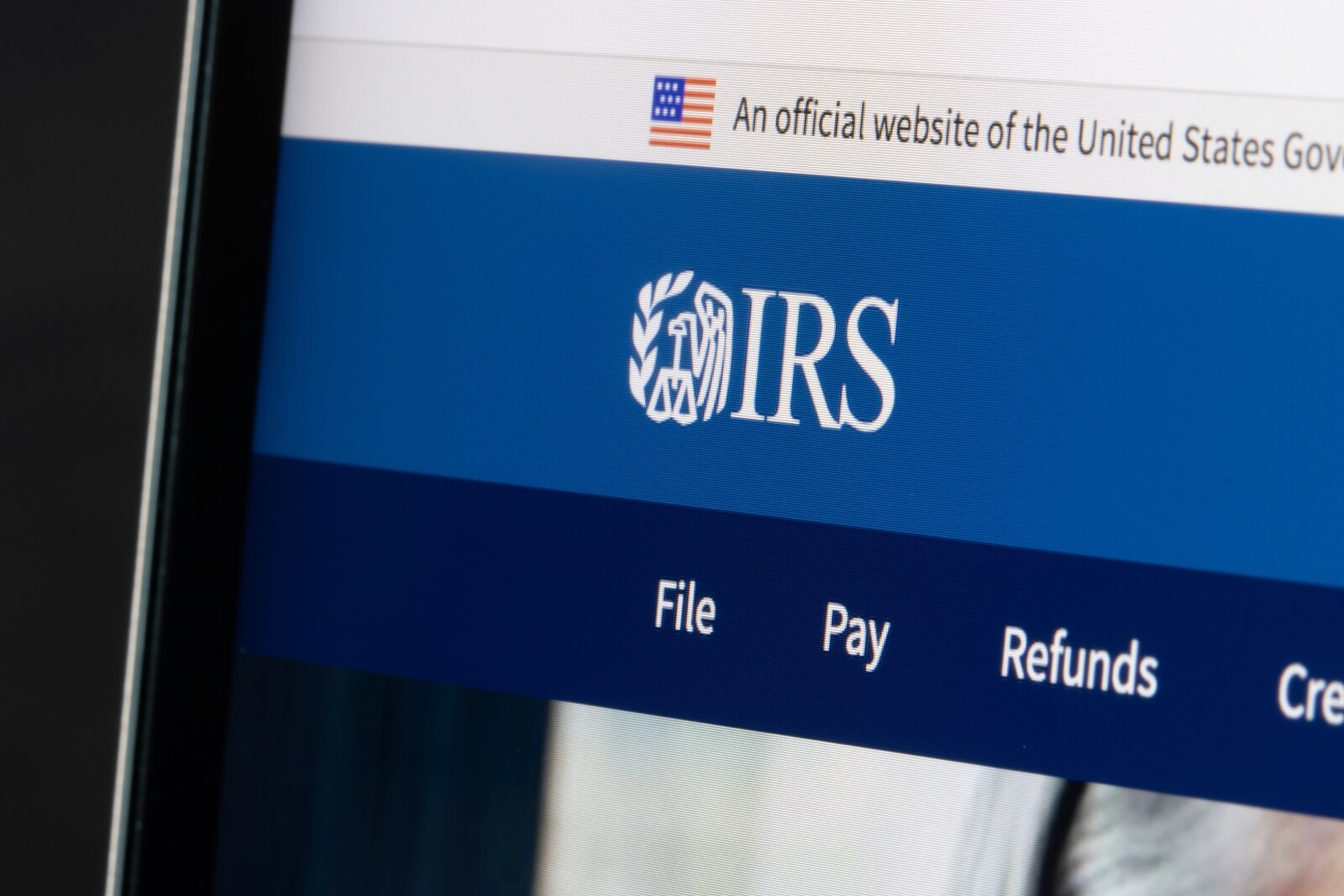Published Aug. 08, 2025 01:24AM EDT
What Are Back Taxes and What Are Their Penalties?
Navigating the world of taxes can be overwhelming, especially for small business owners and entrepreneurs trying to juggle multiple priorities. One term you might have heard but hope to avoid is “back taxes.” But what exactly are back taxes, and why should they matter to you?
Failing to pay your taxes on time can lead to financial challenges, government penalties, and unnecessary stress. Mid-Atlantic Law & Tax’s experienced tax attorney, James A. Kraehenbuehl, will help you understand what back taxes are, why they occur, the penalties associated with them, and how to check if you owe any to the IRS.
What Are Back Taxes?
Back taxes refer to taxes that have not been paid entirely by the deadline. These taxes often relate to income, payroll, or other taxable events and are typically owed from a previous year.
For small business owners and entrepreneurs, managing tax compliance can be tricky. But when deadlines are missed or errors occur, unpaid taxes start accumulating, compounding the problem. Back taxes don’t just go away—they remain owed to the IRS until paid in full.
Causes of Back Taxes
Understanding why back taxes occur can help you avoid them in the future. Here are the most common reasons they happen:
1. Failure to File on Time
Life gets busy, especially for entrepreneurs managing their businesses. Missing the tax filing deadline is one of the common reasons taxes remain unpaid. Even if you cannot pay the full amount immediately, filing your tax return on time can save you from hefty penalties.
2. Incorrectly Reporting Income
Errors in reporting income, such as forgetting to include freelance income or other streams of revenue, can leave you with a balance owed.
For business owners, this often involves improperly accounting for revenue streams or not reconciling accounts carefully, which can lead to discrepancies in filings.
3. Neglecting to File a Tax Return Altogether
Sometimes, people neglect to file their tax returns altogether, thinking it’s no big deal. However, skipping your tax return doesn’t absolve your responsibility; the IRS will still expect payment for taxes owed.
4. Other Common Issues
- Misunderstanding tax codes.
- Unexpected tax liabilities, like capital gains taxes after selling an asset.
- Overlooking self-employment tax if you’re an independent contractor or freelancer.
Penalties for Unpaid Back Taxes
Once taxes go unpaid, penalties can add up quickly, making the original balance grow significantly larger over time. Here’s an overview of the penalties you could face for unpaid back taxes:
1. Late Filing Penalty
If you fail to file your tax return by the deadline, the penalty is 5% of the unpaid taxes each month (or part of a month) if the return is late, up to a maximum of 25%.
For example, if you owe $2,000 and are five months late in filing, you could end up paying $500 in penalties on top of the original tax owed.
2. Late Payment Penalty
If you file your taxes but fail to pay by the due date, you’ll incur a penalty of 0.5% of the unpaid tax for each month (or part of a month) it remains unpaid, again up to a maximum of 25%.
It’s worth noting that if both penalties apply (filing late and paying late), the combined penalty is capped at 5% per month.
3. Interest Charges
On top of penalties, the IRS charges interest on the unpaid tax amount starting from the due date. The IRS interest rate is typically set quarterly and is calculated by adding 3% to the federal short-term rate.
How to Determine if You Owe Back Taxes
If you suspect you might owe back taxes but aren’t sure where to start, here are some practical steps to confirm your tax status.
1. Check for IRS Notices
The IRS usually sends letters or notices to taxpayers with outstanding tax amounts. Keep an eye on your mailbox, and ensure you read all correspondence from the IRS. If you receive any notices, don’t ignore them — they contain important details about your tax debt and how to resolve it.
2. Review Past Tax Returns
Double-check your previously filed tax returns to ensure all income was reported correctly and that payments were submitted. Often, errors in reporting or missed payments can lead to back taxes.
3. Access Your IRS Account Online
The IRS offers an online portal where you can check your tax account balance, view records, and see if you owe taxes. If you don’t already have an account, you can create one easily on the IRS website.
4. Call the IRS
You can call the IRS directly at 800-829-1040 to inquire about any outstanding taxes. Have your Social Security number and prior-year tax documents ready to make the process smoother.
Why Timely Tax Payments Are Essential
Back taxes are a costly burden. Beyond the financial penalties, they can also disrupt your cash flow and create legal risks for yourself and/or your business.
Individuals, small business owners, and entrepreneurs who prioritize timely, accurate tax filings save themselves time, money, and future headaches. Staying proactive with tax obligations demonstrates professional responsibility and ensures smoother operations for your business.
If you’re worried about back taxes or unsure where to start, contact our tax law firm at Mid-Atlantic Law & Tax.




